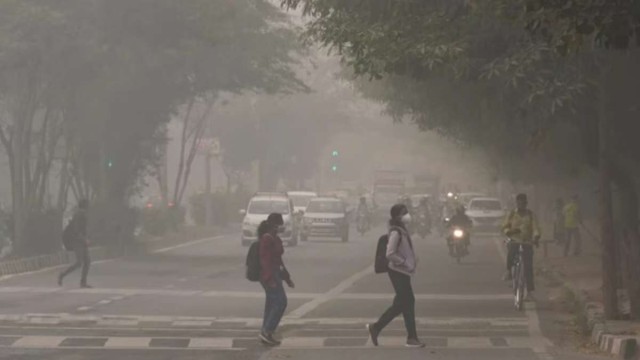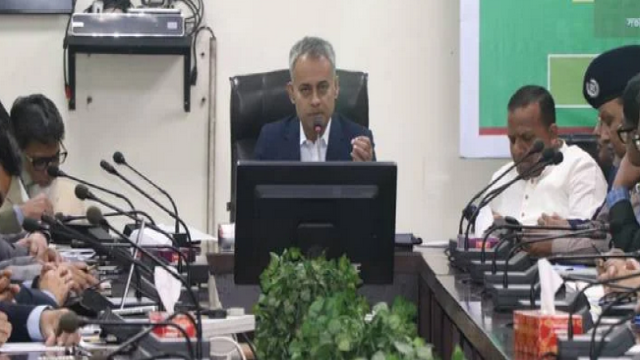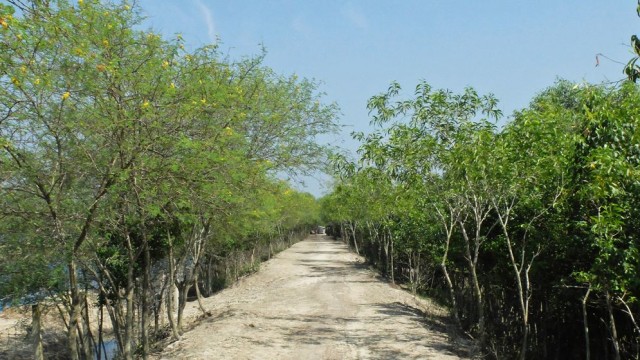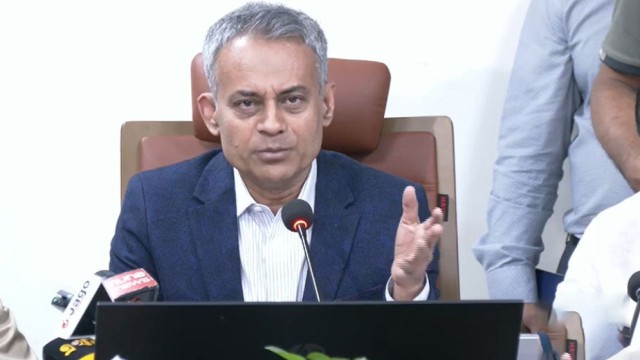On Monday weather report brings concerning news as Dhaka, the capital city of Bangladesh, has been ranked third on the global list of cities with the worst air quality. With an AQI index of 181 recorded at 9:05 am this morning (March 25, 2024), Dhaka's air quality has been classified as 'unhealthy', posing risks to residents' health. Let's delve into the details of this alarming situation.
In today's report, Dhaka finds itself grappling with significant air pollution issues, ranking third worldwide for the worst air quality. With an AQI score of 181, the city's air quality is deemed 'unhealthy', raising concerns for residents' well-being.
Joining Dhaka on the list are Pakistan's Lahore, India's Delhi, and Algeria's Algiers, occupying the first, second, and fourth spots respectively. Lahore leads the pack with an AQI of 213, followed closely by Delhi at 197.
The Air Quality Index (AQI) serves as a vital tool for informing individuals about the cleanliness or pollution levels of a city's air and the associated health risks. In Dhaka's case, an AQI value between 101 and 200 signifies 'unhealthy' air quality, posing risks to sensitive groups and the general population alike.
The AQI in Bangladesh is calculated based on five pollutants, including particulate matter (PM10 and PM2.5), NO2, CO, SO2, and ozone. Despite efforts to address air pollution, Dhaka continues to face challenges, particularly during winter when air quality deteriorates and improves during the monsoon season.
According to the World Health Organization (WHO), air pollution remains a significant global health concern, contributing to the premature deaths of approximately seven million people annually. The adverse health effects associated with air pollution include increased mortality rates from stroke, heart disease, respiratory infections, and lung cancer.






























Comment: